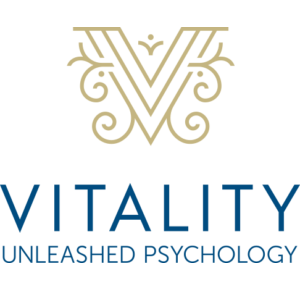DIETITIAN SERVICES
GOLD COAST
Are you looking for help with improving your physical and mental health
issues through nutrition?
DIETITIAN SERVICES
Are you wanting to feel better physically and mentally? We’re here to help.
Vitality Unleashed Psychology provides dietetics services to you from our Accredited Practicing Dietician and can help with the following physical and mental health issues including but not limited to:
- cardiovascular diseases such as heart disease and strokes
- diabetes
- gastrointestinal diseases including Irritable Bowel Syndrome (IBS)
- cancers
- female health issues such as Polycystic Ovarian Syndrome (PCOS) and endometriosis
- food allergies
- food intolerances
- disordered eating/eating disorders
- excess weight concerns
- depression
- anxiety
- insomnia, and more
Dietitians can also help people who don’t have mental or physical health issues as such, but want to improve their performance such as:
- sports nutrition for competitive and professional athletes
- fitness enthusiasts who want to get the edge with their performance through nutrition
Want to learn more about seeing a dietitian and what they can help with? Click the links below:
- About Dietetics
- What a dietitian can help with
- How it works seeing a dietitian
- Eating Disorders Dietitian
- Cardiovascular issues
- Gut issues
- Diabetes Dietitian
- Mental Health dietitian
- Sports Performance Nutrition
Frequently Asked Questions
